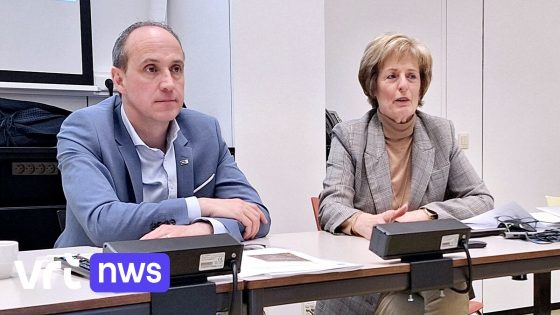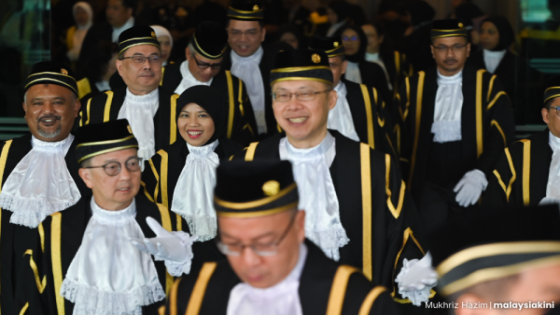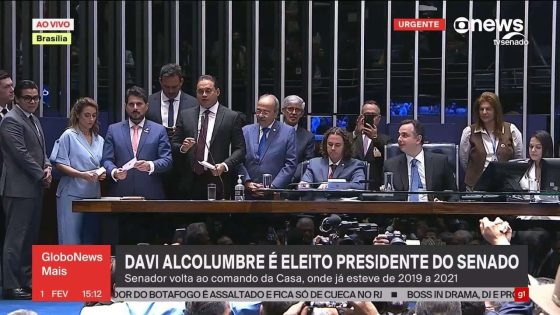On February 4, 2025, the President of the Chamber of Deputies, Hugo Motta, emphasized the importance of harmony between Brazil’s legislative houses. He called for a focus on national interests and respectful dialogue in politics. How can cooperation shape the future of governance in Brazil?
- President of the Chamber: Hugo Motta
- Emphasis on harmony between Congress Houses
- Focus on national interest voting agenda
- Importance of dialogue in politics
- Respect for the Constitution highlighted
Brazil’s Legislative Harmony: A Model for Political Cooperation
What does it mean for Brazil’s Congress to work in harmony? President Hugo Motta’s recent address sets a tone for collaboration, aiming to unite both houses in addressing key national issues. This cooperative spirit could serve as a blueprint for other nations, including the U.S., where bipartisan efforts are often challenging.
Key Takeaways from Hugo Motta’s Legislative Address
In his speech, Motta outlined several critical points regarding the legislative agenda:
- Importance of dialogue between political parties.
- Commitment to constitutional respect and integrity.
- Focus on national interests over partisan politics.
- Encouragement for collaborative voting on key issues.
Building a Cooperative Political Environment in Brazil
Motta’s vision for a cooperative political environment emphasizes the need for open communication among lawmakers. By prioritizing dialogue, Brazil aims to foster a culture of respect and understanding. This approach can lead to more effective legislation and a stronger democracy. How can this model influence political practices elsewhere?
The Role of the Constitution in Brazilian Politics
The Constitution serves as the backbone of Brazil’s political framework. Motta’s emphasis on constitutional respect highlights its importance in guiding legislative actions. A strong adherence to constitutional principles can help ensure that laws reflect the will of the people while maintaining order and justice. Can the U.S. learn from Brazil’s commitment to constitutional integrity?
Implications for U.S. Lawmakers
The call for harmony and dialogue in Brazil’s Congress presents a significant lesson for U.S. lawmakers. As political polarization continues to rise, fostering collaboration could lead to more effective governance. By learning from Brazil’s approach, U.S. politicians might find ways to bridge divides and work together for the greater good. What steps can be taken to encourage such cooperation in the U.S.?
In conclusion, Hugo Motta’s address underscores the importance of unity and dialogue in politics. As Brazil navigates its legislative challenges, the insights gained could pave the way for more collaborative governance, inspiring other nations to follow suit.
































